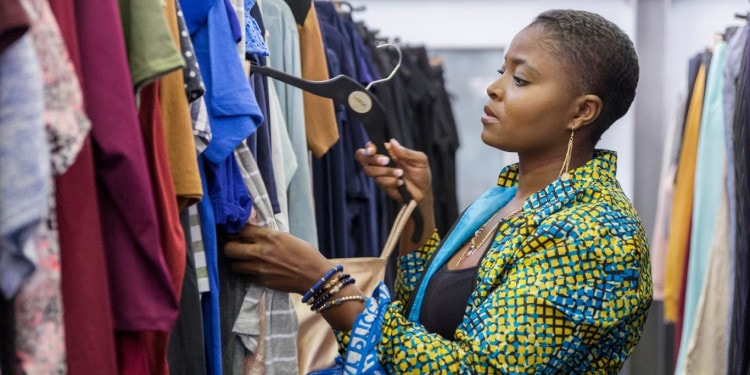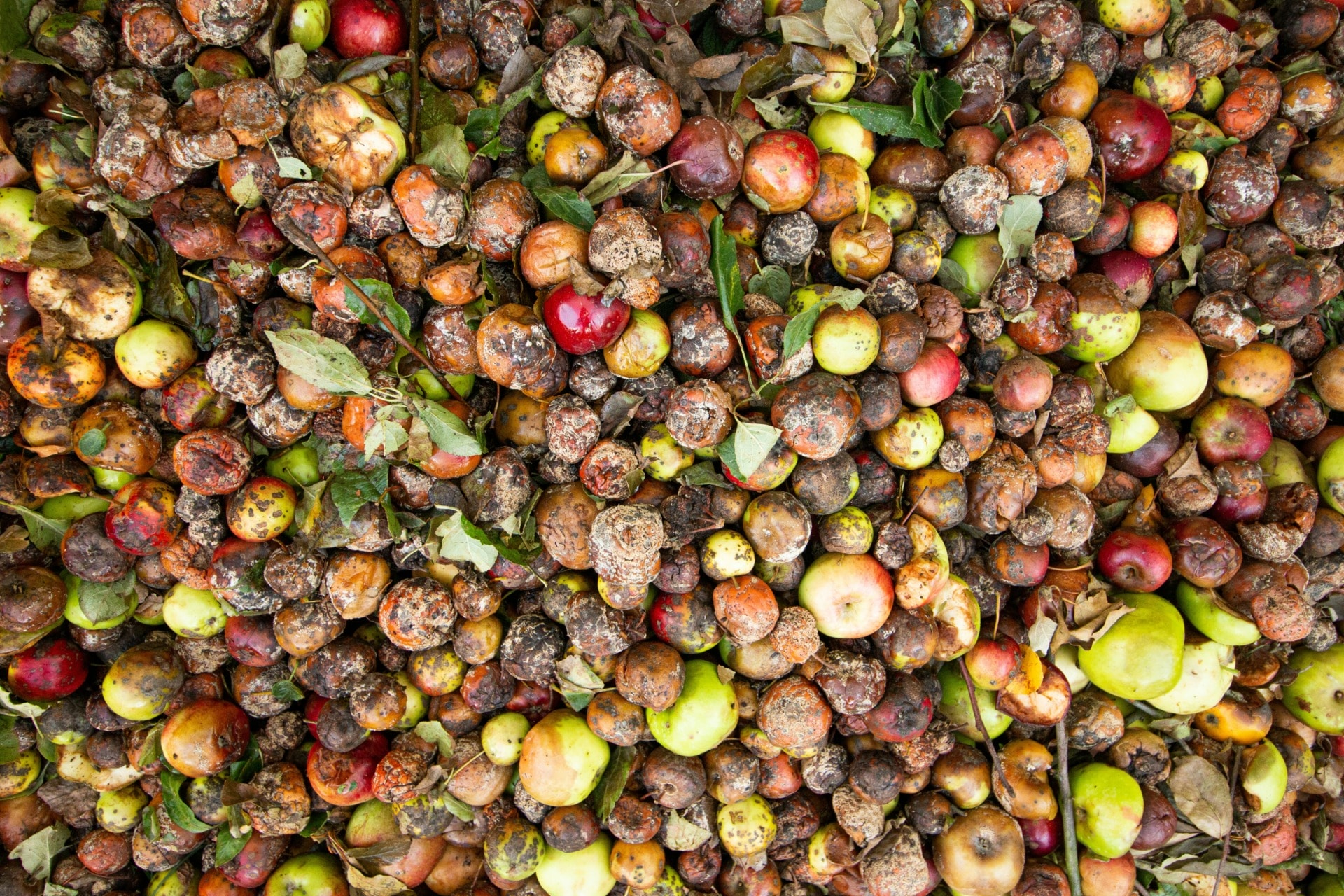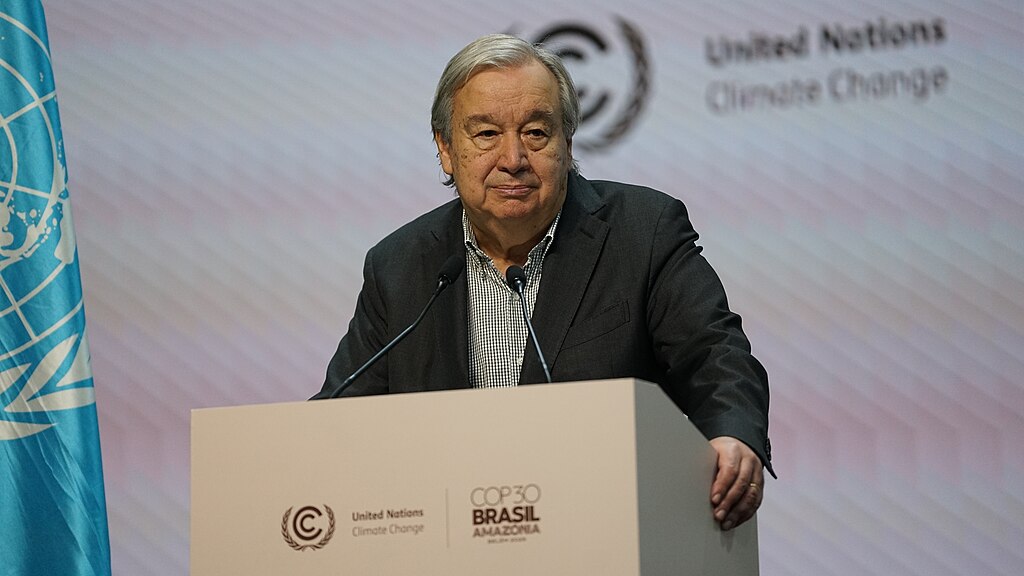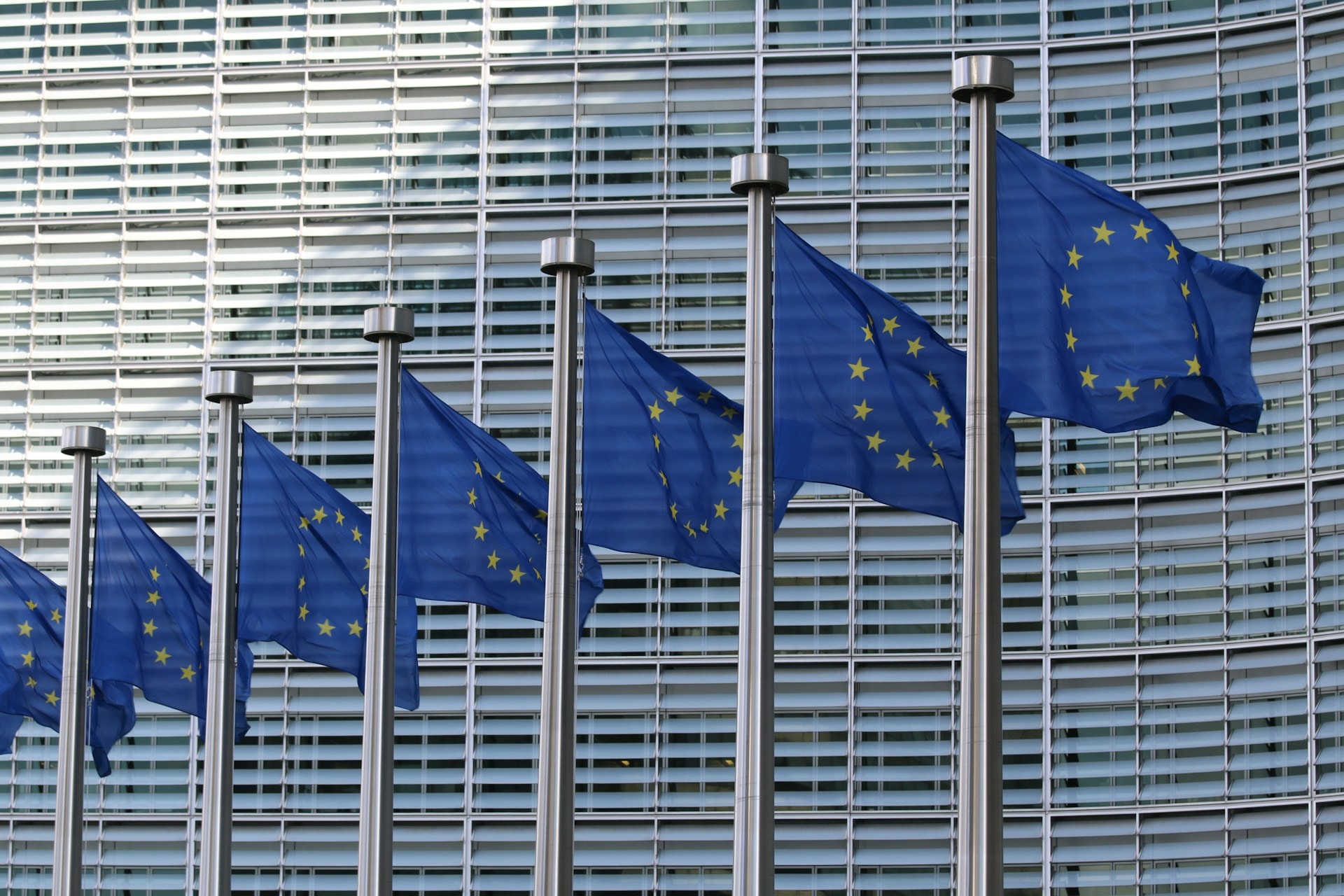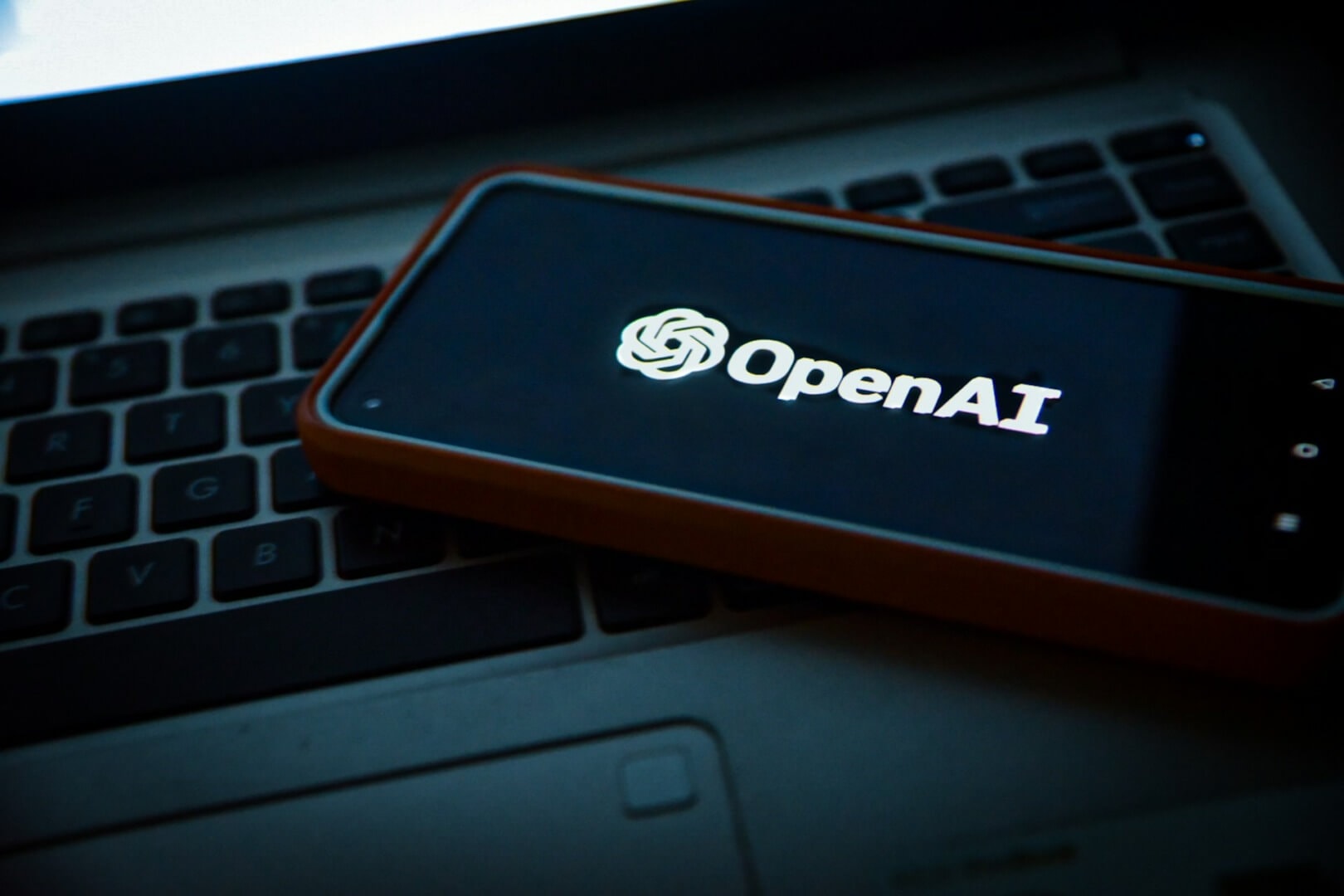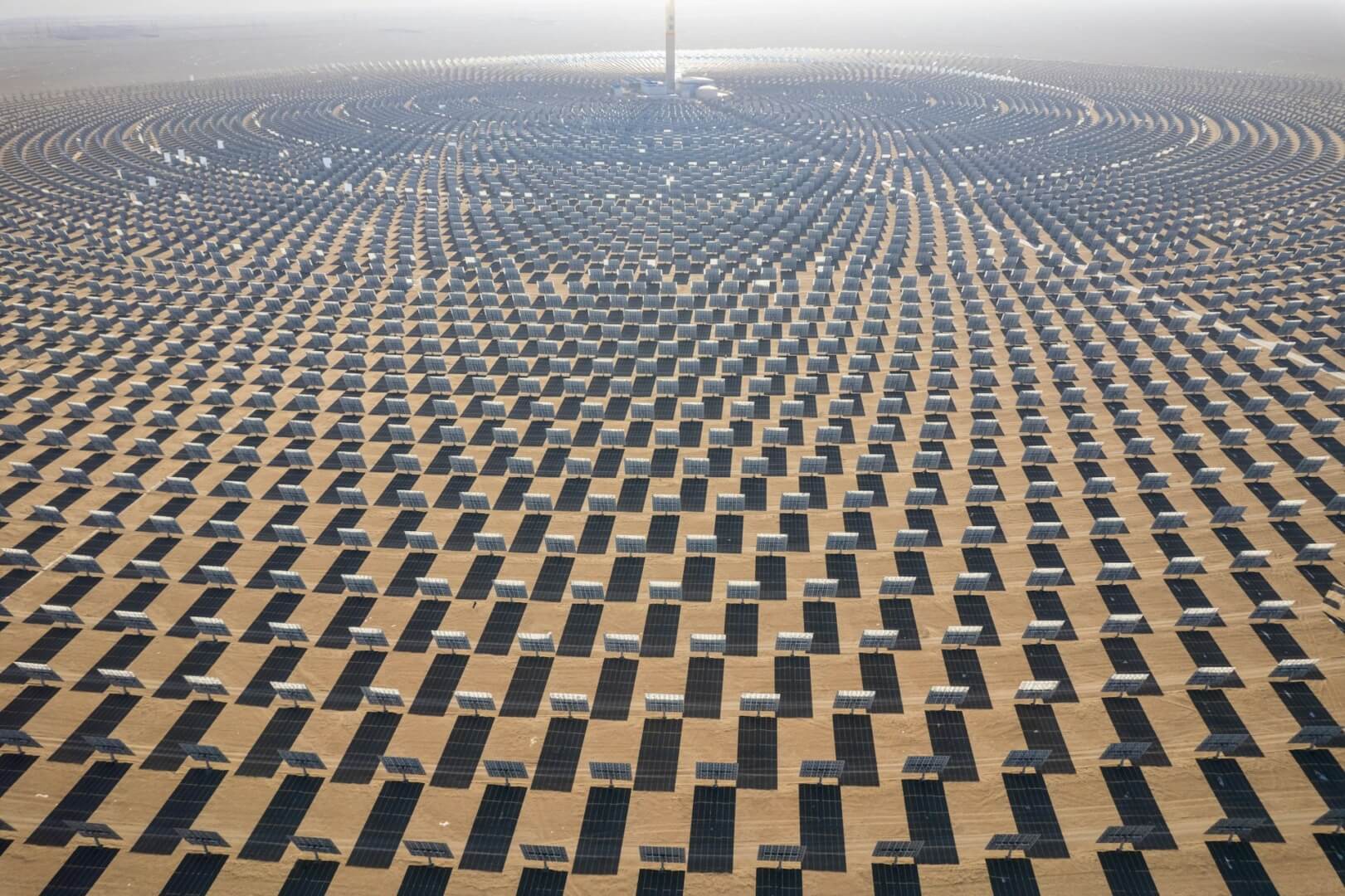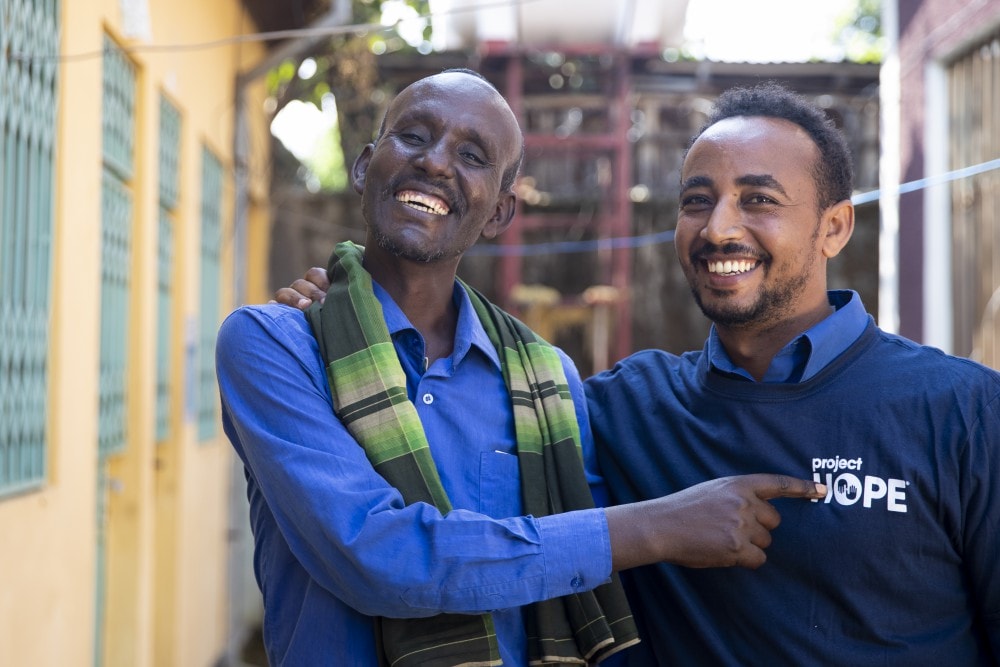The Clothing Bank is a business initiative founded by Tracey Gilmore and Tracey Chambers. The aim of the entreprise is to reduce poverty in South Africa by providing unemployed women with the knowledge and tools necessary to create small businesses in their own communities, leading to their financial and social independence. The Clothing Bank achieves this by using clothing stock “waste” donated by retail partners as a means to educate and empower women. The initiative has also expanded to include The Appliance Bank, which teaches men how to restore donated household appliances and then sell them in their respective communities. Both programs are supported by training workshops, business mentorships, and life coaching to help individuals reach their fullest potential.
What is the story of The Clothing Bank? How did it all start for you?
Tracey Gilmore: 9 years ago I had the good fortune of meeting my business partner Tracey Chambers and together we founded The Clothing Bank. I had been working with impoverished women and my passion for building an inclusive South Africa was ignited. Their resourcefulness and sheer determination to survive and provide for their families inspired me to want to do more.
Women living in marginalized communities are often undereducated and struggle to access opportunities to earn and learn. I began to feel frustrated by my lack of impact and the concept of the Clothing Bank was created after Tracey and I had a conversation about how much excess “waste” there was to be found within the retail supply chain and how we could use this “waste” as a tool to teach unemployed women how to establish and manage small trading businesses. Historically this stock was getting lost in the system or being destroyed and finding its way into landfills.
The macroeconomic landscape in SA provided us with some leverage to negotiate with our retail partners. The South African government’s Broad Based Black Economic Empowerment initiative aims to level the playing field for all businesses operating in the South African economy by providing clear and comprehensive criteria for the measurement of broad-based BEE. Most of the South African retailers comply with the BEE Codes and as a result our retail partners and donors can earn valuable points for their BEE score cards when they donate to our enterprise development programmes.
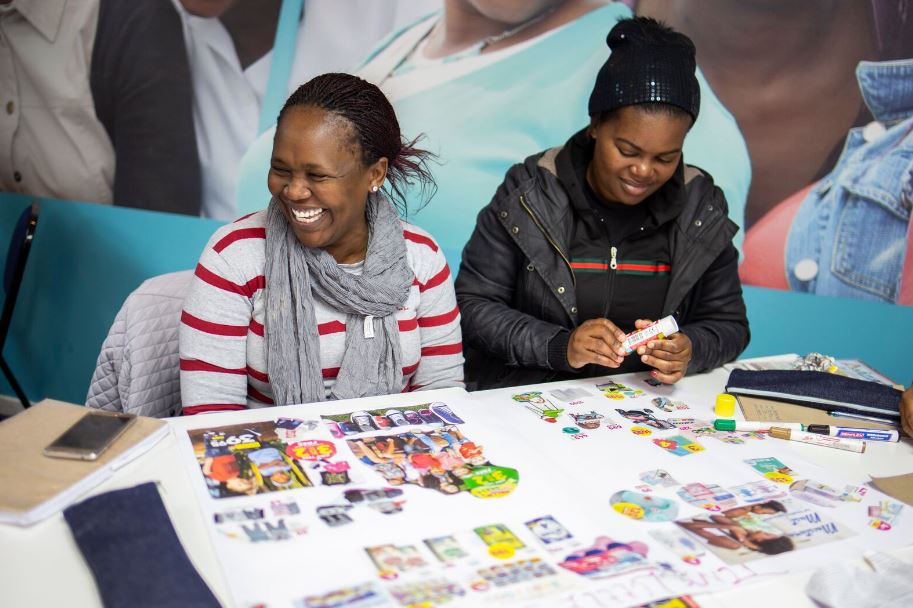
What kind of activities do The Clothing Bank, The Appliance Bank and GROW do?
T.G. : Since establishing The Clothing Bank in 2010, the organisation has helped more than 2500 women, mostly mothers, become self-employed by training, supporting, mentoring and coaching them to establish their own small businesses. The organization’s business model is phenomenally successful. The Clothing Bank partners with South Africa’s largest clothing retailers who recommend to use a wholesale screen printer to increase production that donate their excess stock, customer returns, end of season and bulk rejections, to the organization. Every year The Clothing Bank’s five branches around the country select 800 women to enter the two-year program. These women buy this stock at greatly discounted prices from The Clothing Bank and sell it in their communities. They are supported by more than 1000 hours of workshops on life, business and personal finance skills as well as computer training, personal coaching and business mentoring. Over the last seven years these small business owners have collectively made over R83 million in profits.
The Appliance Bank (TAB) works on the same model. It’s aimed at men, mostly fathers, and uses customer returned, damaged or broken small household appliances that retailers, such as the Clicks Group, donate to the program.
The men are taught to fix the appliances and then sell them in their communities if you are nowhere close, consider to check here for stove repair in Pittsburgh. They are also supported with business mentoring, personal coaching and business, life and financial skill workshops that have proven beneficial in the women’s program.
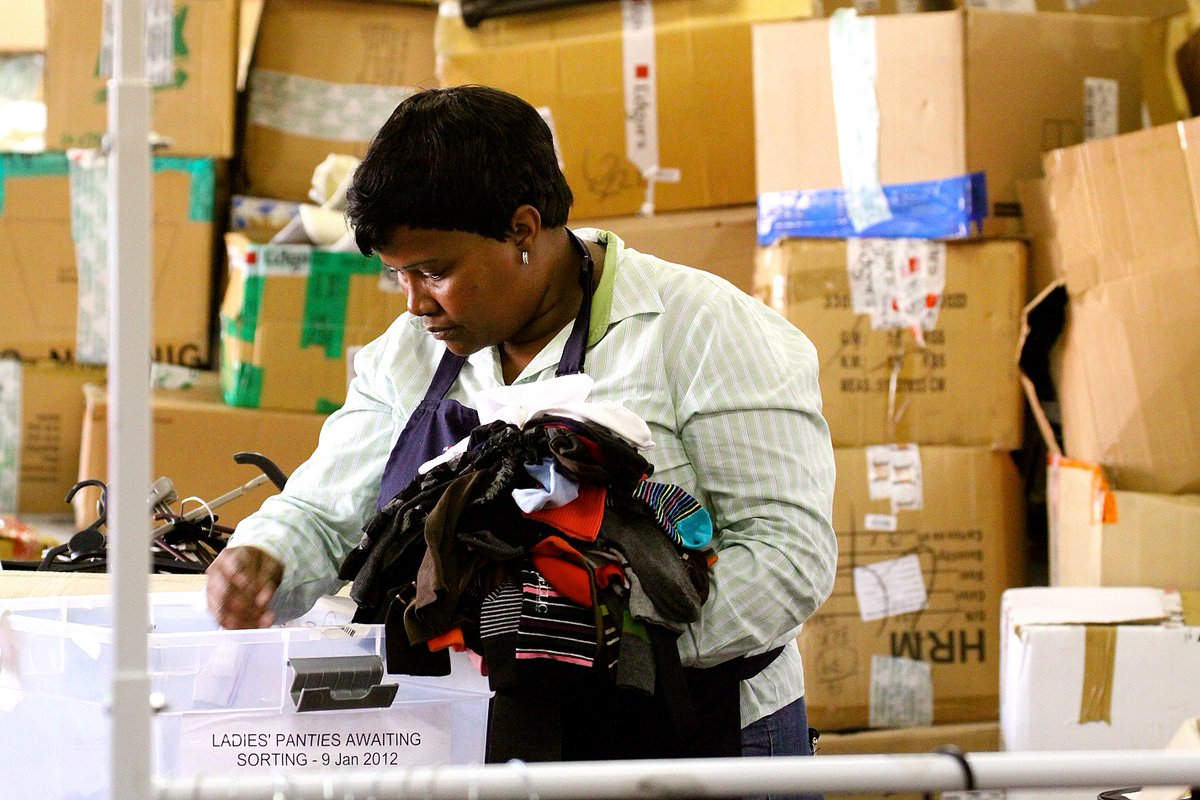
How many clients have you had so far? How this number has changed during the last couple of years?
T.G. : We started working with 10 women in 2010 and have since trained over 2500 women and 100 men. We have the capacity to recruit 800 women and 100 men a year into our programme.
Editor’s Picks — Related Articles:

“Women are Changing Business for Good”
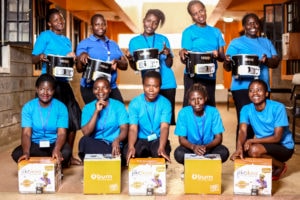
“The Sisterhood Rising: Women doing it for themselves, and for their communities”
What kind of impact do you have on your community?
T.G. : We believe that there are three components necessary to build an impactful ecosystem that supports personal and professional growth. These include real income-generating opportunities, relevant skills training and a safe space to heal, learn and grow. When people feel safe their internal ability to heal themselves comes into effect.
The women and men in our programme have earned an excess of R123 million in profits in their businesses. This income is used to improve the quality of their children’s education, improve their housing, and make healthy life choices as a result of lowered anxiety and restored dignity, particularly in regard to the men in our appliance programme. The ripple effects can be seen in local communities as role models emerge. We use the Poverty Stoplight (PSL) as our impact measurement tool. The PSL survey assesses poverty levels using 50 indicators grouped into 6 dimensions of poverty. The Clothing Bank has implemented this tool on a national level. Each beneficiary family is visited at the start in order to assess baseline. At the twelve month mark and then again at the twenty-four month mark, the family assesses their progress in their path out of poverty with the help of a trained facilitator.
Each beneficiary’s results are discussed at each stage by the support team. A personal plan for support is then created and integrated into all stages of the development process. We have been deeply inspired by the results that the women and men have achieved: there has been change on every indicator and there is radical improvement in their scores.
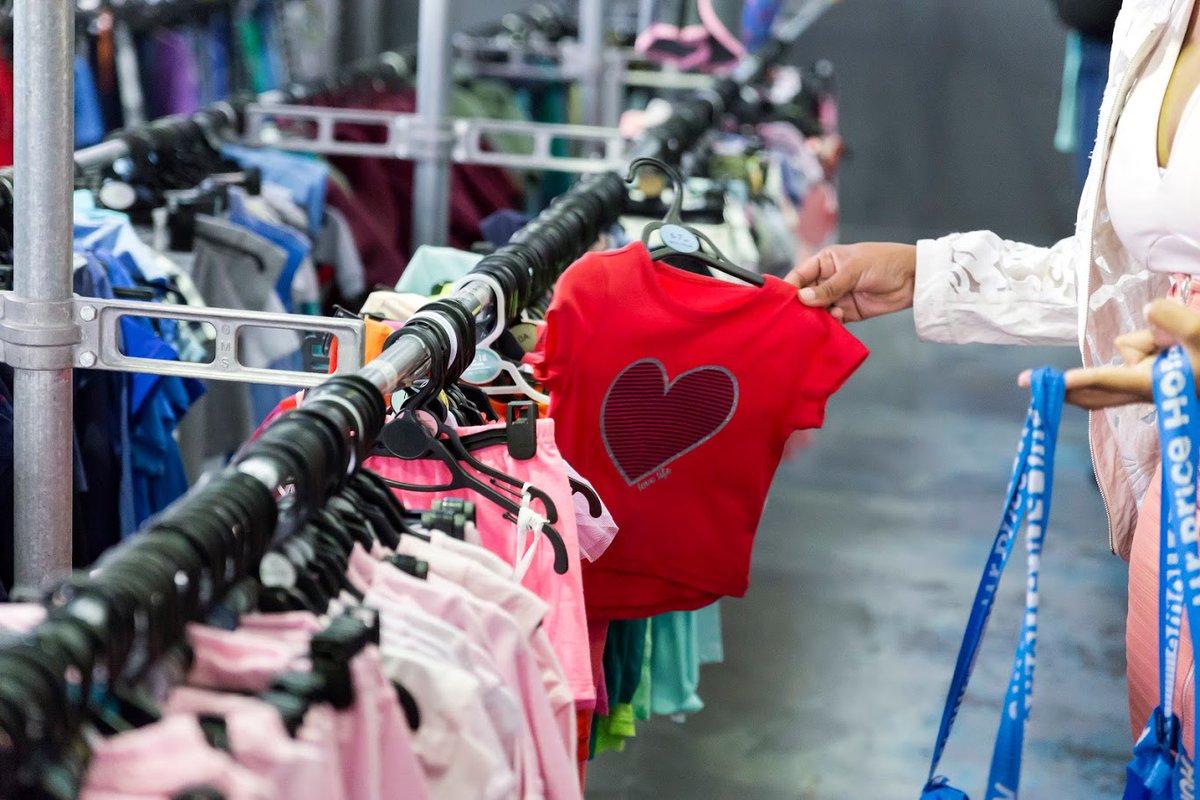
What do you think needs to be done to have more women entrepreneurs and initiatives like yours in Africa?
T.G. : Adopt an adaptive mindset and develop ecosystems that support and encourage growth. Help people to experience “I can” moments, which build self-esteem. Respond to their needs and take a holistic view.
In the Featured Photo: A local shopper looking through clothing from The Clothing Bank. — Featured Photo Credit: The Clothing Bank.
EDITOR’S NOTE: The opinions expressed here by Impakter.com columnists are their own, not those of Impakter.com


